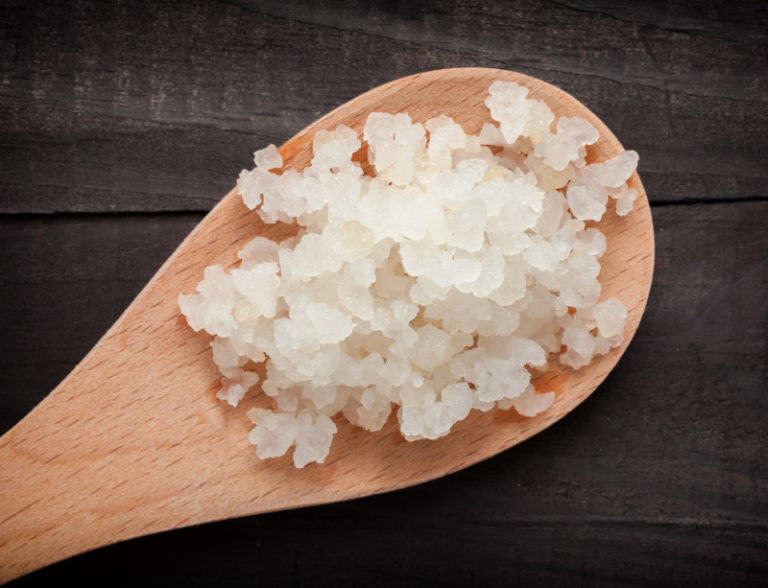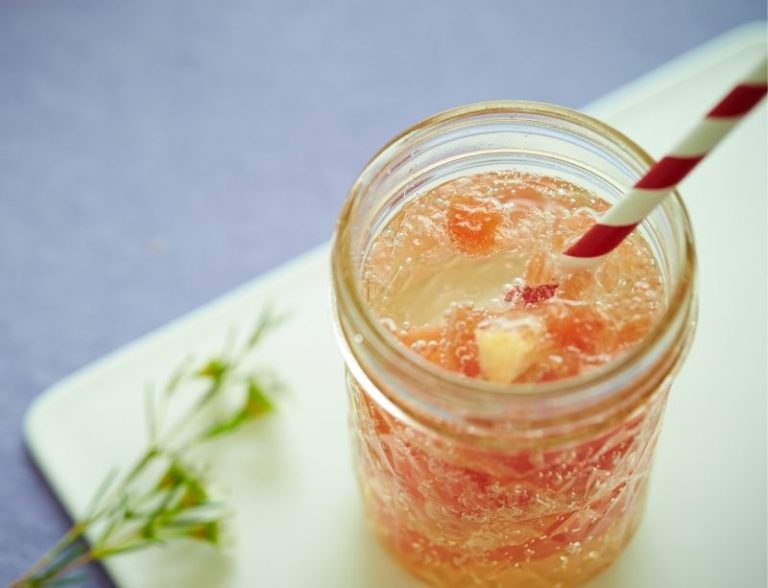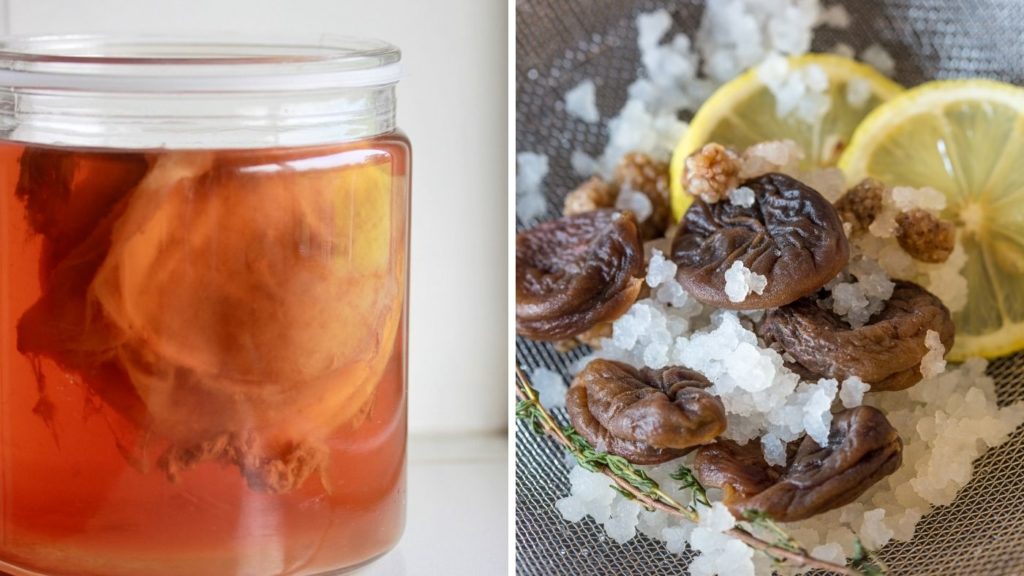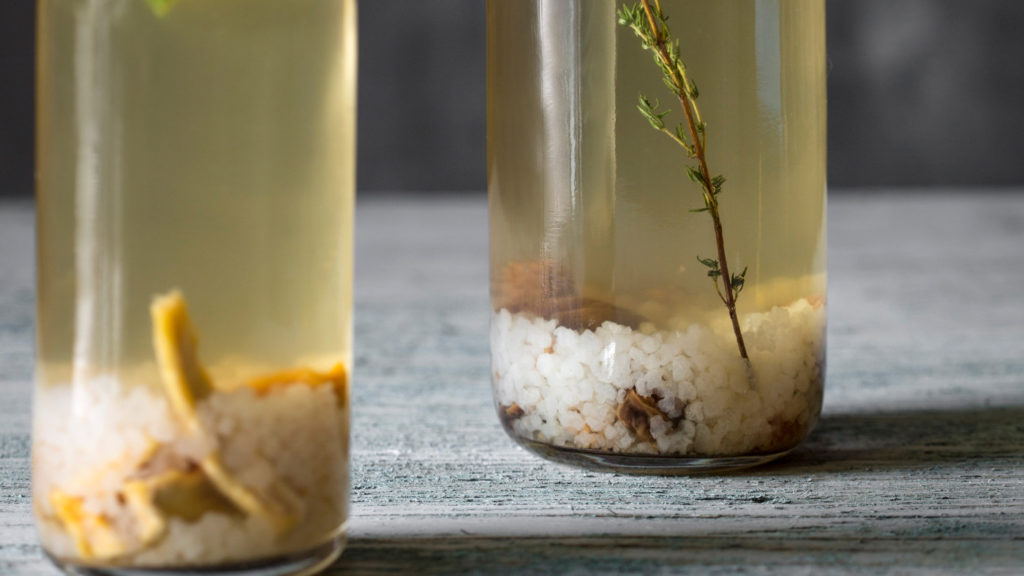Water kefir, also known as tibicos, is a naturally fermented, fizzy, and tangy beverage. It is known for its many health benefits.
But are there any dangers to drinking kefir? We explain everything you need to know!
Water Kefir Is a Safe Beverage for Your Health!
We tried to find studies that showed whether drinking kefir was dangerous. We did not find any!
This does not mean that kefir is not without risks. Any food, even the healthiest, could cause intolerance among some people. It is therefore normal to ask questions and to be cautious.
Although it is also safe, it is important to understand that water kefir is different from milk kefir.
When considering the dangers of kefir, there are two key elements to consider: acidity and alcohol content.
The Acidity of Water Kefir Protects It
The acidity of water kefir acts as a protective shield. It protects the beverage against the development of pathogenic bacteria. Studies show that with a pH below 4.5 (i.e., acidic), the risk of developing undesirable bacteria is low (ref.).
In practice, this means that water kefir is much safer to consume than many foods in our pantry and fridge.
Water Kefir Has a Low Alcohol Content
During fermentation, the water kefir grains produce alcohol. The alcohol content is between 0.02% and 2.0% (ref.). Although the alcohol content is low, homemade water kefir is not recommended for children, pregnant women, and people who do not wish to consume any alcohol.

5 Benefits of Water Kefir
It is no longer a secret that water kefir is known for its many benefits. This beverage has been consumed for thousands of years for its good taste and health benefits.
- Water kefir is low in sugar and contains much less sugar than the carbonated beverages you can buy in the grocery store. This natural beverage is made with simple, minimally processed ingredients.
- Kefir is rich in probiotics.
- Kefir supports the intestinal microbiota, i.e., all the microorganisms that live in our gut. Water kefir, therefore, has a beneficial effect on digestion and our immune system.
- Water kefir is full of various nutrients, including many antioxidants.
- Finally, water kefir is suitable for many different types of diets. It contains no caffeine (unlike kombucha) and no dairy products.
Read our full article on the benefits of fruit kefir according to science to learn more.

Best Practices for Making Water Kefir
Water kefir is easy to make at home. We share with you three tips on how to safely make and consume your own water kefir. It’s very simple, you’ll see!
Using the Right Ingredients
The advantage of homemade kefir is that you choose your ingredients. The quality of the ingredients is important, both for your health and for the health of the kefir grains.
- Fruit: Choose organic fruit whenever possible. Fruit could contribute to the development of unwanted microorganisms, although this risk is low (ref). To reduce this risk, you can wash or peel the fruit (ref). It is recommended to remove the peel from the lemon slice.
- Water: If your water is chlorinated, leave it in the jar for 1 to 2 hours to allow the chlorine to evaporate.
- Sugar: Kefir grains love minerals! Use unrefined cane sugar.
Wash your equipment well
It is not necessary to sterilze equipment! However, wash all your equipment (glass jar, cotton filter, sieve, bottles, etc.) thoroughly before you start making your homemade water kefir. Make sure you choose the right equipment before you start making kefir.
Storing Kefir Grains Properly
The best way to store kefir grains is to start a new recipe! Regular recipes will keep your grains active and strong.
Water kefir grains can be stored in the fridge in a small amount of sugar water. We do not recommend leaving them in the fridge for more than 3 weeks. If necessary, add a little sugar every week to feed them.
For longer storage, you can also freeze them. To do this, rinse the grains, drain them for a few minutes in a sieve, then place them in an airtight plastic bag. They are ready to be frozen. All you have to do is reactivate the kefir grains to use them again.
Get Started
- FAQ: Are My Water Kefir Grains Ok?
- Buy water kefir grains
- Learn How to Make Your Own Water Kefir
- Learn all about water kefir through our guides and recipes

